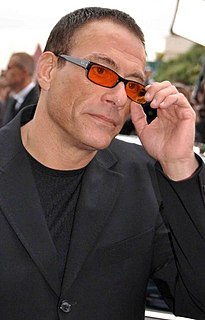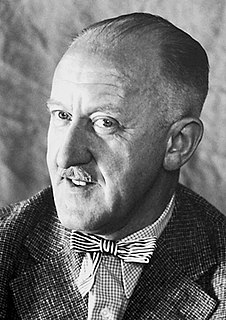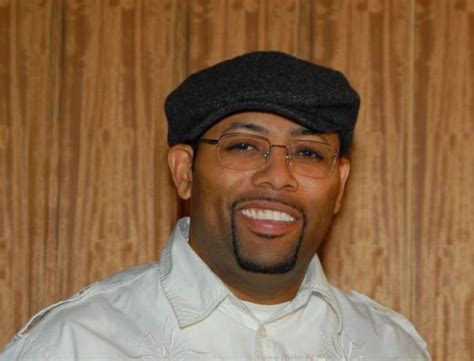A Quote by David Sanborn
When you're on stage, unless you surrender to the moment, you're not telling the truth. I look for people that tell me the truth.
Related Quotes
Sometimes I don't tell the truth, which is telling the truth about not telling the truth. I think people don't tell the truth when they're afraid that something bad's going to happen if they tell the truth. I say things all the time that I could really get into trouble for, but they kind of blow over.
Start telling the truth now and never stop. Begin by telling the truth to yourself about yourself. Then tell the truth to yourself about someone else. Then tell the truth about yourself to another. Then tell the truth about another to that other. Finally, tell the truth to everyone about everything. These are the Five Levels Of Truth Telling. This is the five-fold path to freedom.
The issue is that when you're a critic it's hard to tell the difference between the thrill of denouncing and telling the truth. Telling the truth to me feels more often like denouncing than like praising. There are many more concrete advantages in the world for people who praise than for those who denounce. So if you want to tell the truth, oftentimes you're going to err on the side of denouncing. That's just something I have to work on.
How forthright does the audience want the broadcasters to be? Because when you tell your truth, there's a lot of anger that comes out. I think it's a good question to ask TV people [executives] too. How much truth do they want to be told? How much truth does the league want told? Because the truth isn't just a positive truth. If you're going to tell the truth, you would be telling a lot of positive and some negative.
You can't be afraid to speak the truth. If you're speaking truthfully - no matter if you're White, Black, Hispanic, Asian - if it's the truth, it's the truth! And if that's what you're telling, you have no reason to be fearful, or, worry about people trying to diffuse what you're doing. Because, if you're speaking the truth, they can't beat the truth.
Writing has to do with truth-telling. When you're writing, let's say, an essay for a magazine, you try to tell the truth at every moment. You do your best to quote people accurately and get everything right. Writing a novel is a break from that: freedom. When you're writing a novel, you are in charge; you can beef things up.




































